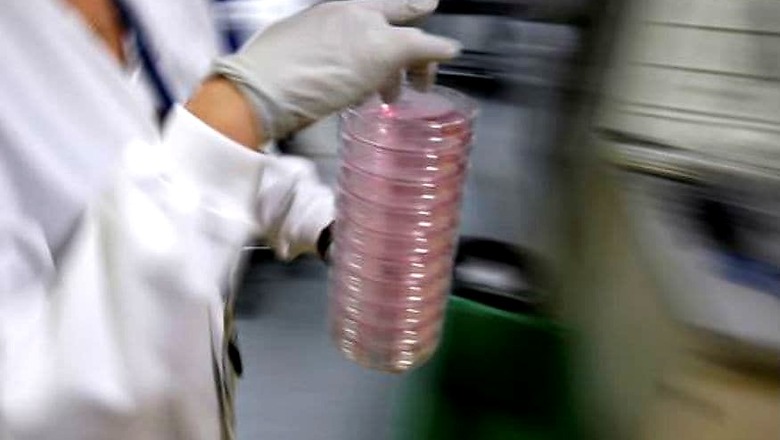
views
Singapore: Three Indian-origin scientists have been accused of a scientific fraud in Singapore for falsification of their research data, a media report said on Saturday.
The trio at the centre of the scandal is Professor Ravi Kambadur, an India-trained New Zealander who was with the Nanyang Technological University (NTU), Dr Mridula Sharma, who was associate professor at the National University of Singapore's (NUS) Yong Loo Lin School of Medicine and former NTU researcher Sudarsanareddy Lokireddy.
Their work at the Singapore research institutes focused on myostatin a protein that regulates muscle growth in humans and animals, whose suppression the researchers claimed could keep people in "fat-burning mode" and let them shed kilos.
The research was led by Prof Kambadur, whose joint appointments at NTU's School of Biological Sciences and the Singapore Institute of Clinical Sciences have been "terminated", The Straits Times reported citing NTU.
Prof Kambadur, 54, was set to make waves in the world of biomedical research, as leader of one of the four teams awarded up to SGD10 million each in research grants in 2009.
Dr Sharma is no longer at NUS and Dr Lokireddy has had his PhD from NTU revoked.
NTU said its investigations in December last year led to three myostatin papers published in 2011 and 2012 being retracted.
Two other papers were corrected and another withdrawn prior to publication.
Three more papers published from 2012 to 2014, based on research funded by the Agency for Science, Technology and Research (A*Star) and the National Research Foundation (NRF), are now being retracted from the journals Molecular Endocrinology and Journal of Biological Chemistry.
Retraction Watch, a website that monitors retractions of scientific publications, reported that the falsifications also happened in Dr Lokireddy's NTU doctoral thesis.
In 2012, his team reported a discovery of reprogramming skin cells to help slow loss of muscle mass in the elderly.
They had found that by blocking the protein myostatin, muscle growth could be enhanced and fat utilization in the body could be increased.
The researchers also said this could reduce obesity without the need for strenuous physical activity, and indirectly protect against type-2 diabetes, of which obesity is a main cause.
The research is now being called into question after investigation by NTU said that data from laboratory experiments had been falsified, the report said.
NTU said that "disciplinary proceedings" are being taken against other researchers and that Prof Kambadur's research students will be re-assigned to appropriate supervisors.















Comments
0 comment